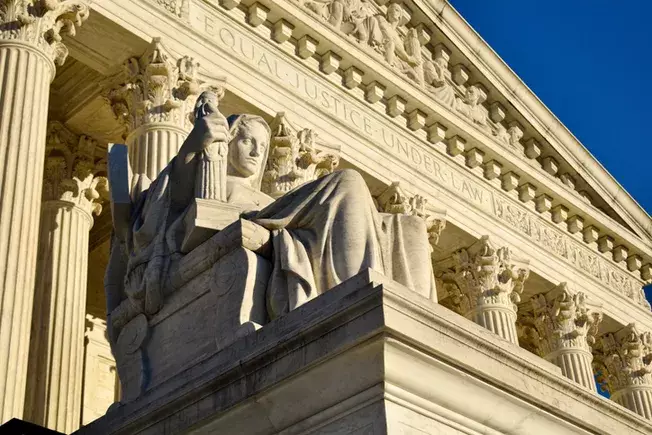As the deadline ticks closer, the future of TikTok in the United States hangs precariously in the balance. With January 19th being the day that could determine the fate of the app, there are many layers to examine regarding its potential removal from the digital landscape for the 170 million American users who cherish it. The legislative backdrop involves the “Protecting Americans from Foreign Adversary Controlled Applications Act,” a bill that has sparked intense debate regarding national security and foreign influence.
The apprehension surrounding TikTok primarily stems from its connections to the Chinese government. The U.S. government’s concerns center on the possibility that the app might be a tool for espionage or propaganda, capable of collecting sensitive data or disseminating misleading information on behalf of foreign adversaries. At a time when technology can be an avenue for both connection and manipulation, these concerns are not unfounded. As the digital landscape rapidly evolves, so too does the need for enhanced scrutiny regarding apps that may pose risks to national security.
The legal battles surrounding TikTok have been tumultuous. The recent dismissal of TikTok’s appeal by the U.S. Court of Appeals for the District of Columbia Circuit has led to their petition to the Supreme Court, which has now taken up the case. Early indications from the Supreme Court have been mixed; while there are apprehensions regarding First Amendment rights, the court’s focus appears to lean more towards the implications of national security over constitutional debate.
For TikTok, the Supreme Court bid acts as a glimmer of hope, yet the landscape is riddled with obstacles. Current legal opinions suggest that, despite TikTok’s assertions of First Amendment violations, the nature of the case related to national security could heavily influence the court’s final decision. Historical precedence often places national security at a higher priority than individual rights, casting doubt on TikTok’s chances.
In addition to the legal pursuits, the company faces practical challenges. Despite the presence of American investors eager to acquire the app, TikTok’s parent company, ByteDance, has exhibited little inclination to pursue this route, citing time constraints as a barrier. This lack of proactive engagement leaves the app’s future even more uncertain, as they are afforded limited choices to stave off a ban effectively.
As we assess this evolving situation, it is critical to consider the political ramifications of the impending ban. The stance taken by incoming President Donald Trump, who has publicly expressed a desire to save TikTok, adds an additional layer of complexity. His administration has even filed an amicus brief with the Supreme Court, suggesting a potential shift in policy direction that aligns with his personal and political agenda. Nevertheless, this move does not guarantee an extension or definitive changes to the bill, leaving the TikTok community in a state of limbo.
Moreover, should legal or political avenues be pursued to mitigate the ban, it could result in tension between branches of government. The unanimous passage of the original bill indicates a significant bipartisan consensus, making any efforts to overturn or amend the law formidable, if not impossible.
What happens if TikTok is banned? The app would begin its slow fade from the U.S. market, likely disappearing from app stores and ultimately ceasing to function for American users. While the app would not vanish overnight, without updates and maintenance from ByteDance, its operational capabilities would dwindle, marking the end of an era for many users who have come to depend on TikTok for entertainment, community, and creative expression.
As the clock runs down, the potential ban on TikTok is a multifaceted issue that involves legal, political, and social dimensions. While there may be efforts and hopes for the app’s survival, the paths to achieving that goal appear constrained. In a week filled with uncertainty, one thing is clear: the implications of this decision will stretch beyond TikTok alone, touching upon broader discussions of national security, freedom of expression, and the future of social media in America.

